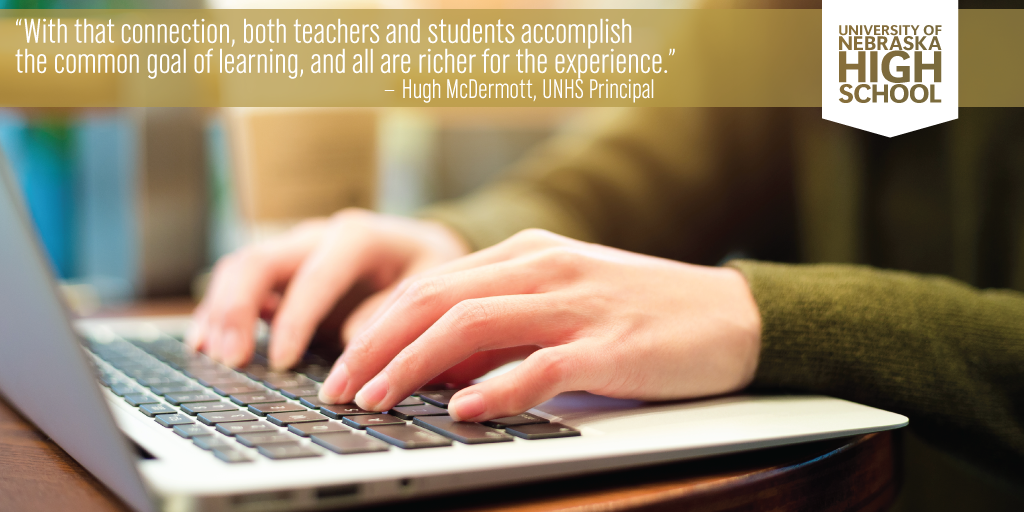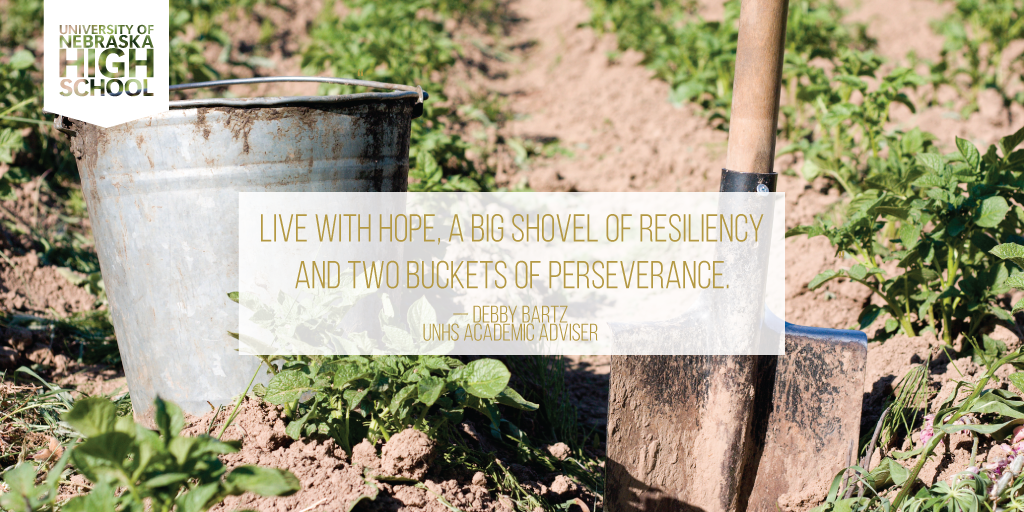
Traveling is always very exciting, and I feel so lucky to be able to travel around the world each year to see old friends and make new friends on behalf of the University of Nebraska High School.
Having been in my role with UNHS for ten years, I’ve traveled abroad more than 50 times!
Here is what I’ve learned to help you prepare for your next trip overseas.
- Make at least 2 photocopies of passport ID pages—one copy to stay at home and the other(s) to keep in your carry-on luggage or checked baggage. If your passport is lost or stolen, you will have the necessary information needed to get a replacement quicker.
- Make 2 photocopies of your flight and lodging itinerary—one copy to leave with family or friend and the other to keep in carry-on luggage. If things get delayed or interrupted, you can be contacted.
- Visit state.gov/travel/ to see updates about the countries you are visiting with:
- Travel alerts
- Visa requirements
- Currency limits
- Lots of other helpful information
- Sign up here https://step.state.gov/step for the free Smart Traveler Enrollment Program to be registered with nearest US Embassy and to receive alerts and contacts in an emergency
- Add an app on your phone that allows you to text or call via Wi-Fi overseas. This saves money on international costs! Try the WhatsApp.
- Check with your phone carrier about availability and cost of calling out of country. Don’t just rely on free Wi-Fi to communicate with friends and family.
- It may be more economical to buy a sim card or even not have the phone and enjoy time “off the grid”! One of my friends came home from a one week trip to $800 phone charges—he didn’t realize the costs of overseas phone service.
There are also a few things to keep in mind when it comes to luggage and packing.
Carry-on Luggage:
- Keep one outfit in carry-on luggage in case your luggage doesn’t arrive with you.
- Chargers and electrical adapters.
- Important things such as contacts, glasses, inhalers and other products that you do not want to risk losing.
- Small hygiene products, cosmetics, and snacks can mean a world of difference when things don’t go as planned!
Checked Luggage:
- Contact airline to learn baggage fees and limits.
- Narrow down clothing to essentials—you’ll appreciate having extra room for purchases you wish to bring home!
- Bring only comfortable shoes – most likely you will be doing lots of walking.
These tips can help ensure that you’re informed and prepared for just about anything while you’re abroad.
So….ready, set, travel overseas!






